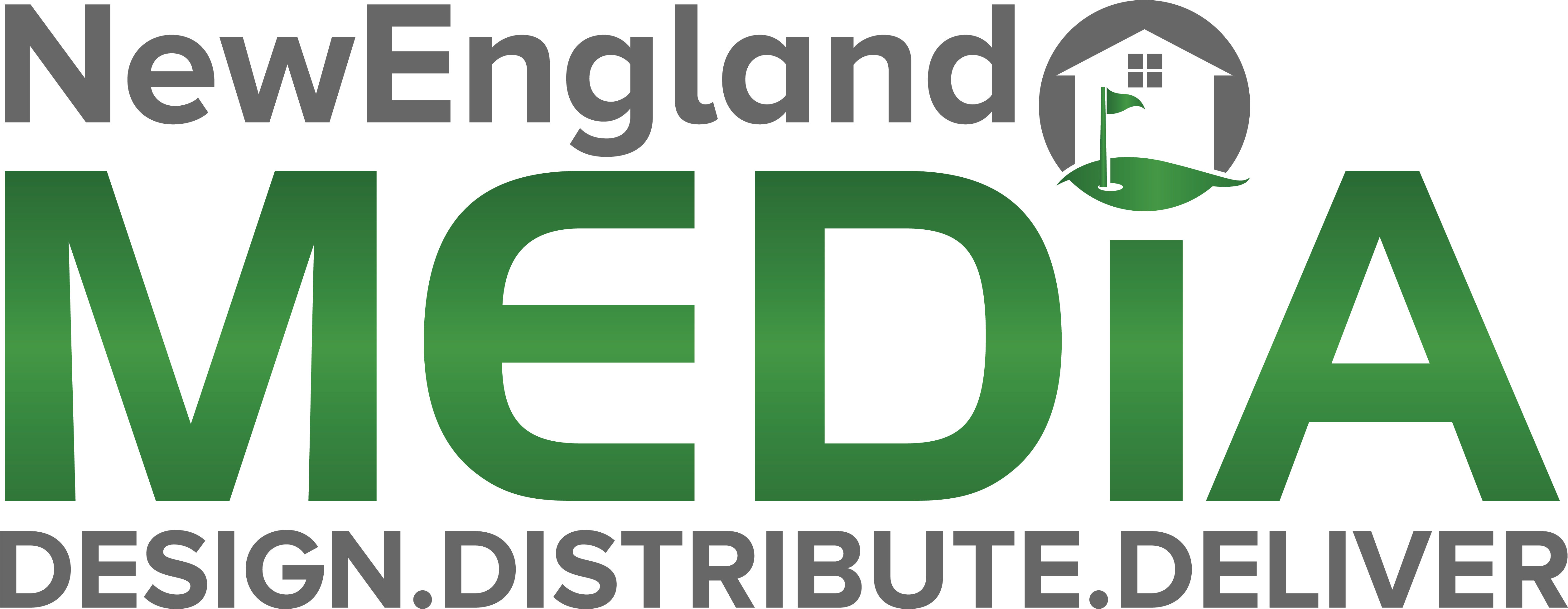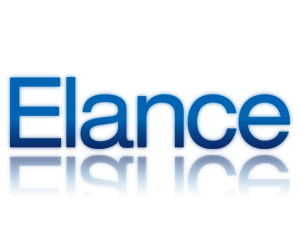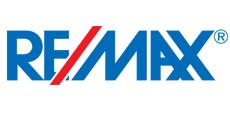ChatGPT gained popularity in a short span of time and reached one million users within five days of its launch, whereas Facebook took ten months to achieve the same number of users. The widespread use of conversational AI services has not gone unnoticed by Google and Microsoft. Although they have been investing in AI for years, ChatGPT seems to have ignited the desire to hasten the release of their own conversational tools.
On February 6, Google announced the launch of its conversational AI service, named “Bard,” and Microsoft introduced its latest version of Bing-powered by AI one day later. These tools are engaging, and they can transform the process of searching for relevant information and translating it into content for marketers. This article will explore the differences between Bard, AI-powered Bing, and ChatGPT, along with their advantages and disadvantages.
ChatGPT

Firstly, ChatGPT is owned by OpenAI and was launched in November 2022, making it the original in the field. The tool, which is publicly accessible, employs natural language processing to answer search queries and compose full content. Its answers are original, not copied and pasted from the internet, and its language is conversational. However, a significant limitation of ChatGPT is that it cannot differentiate between correct and incorrect information. As a result, the responses it provides may be incorrect, according to OpenAI.
Furthermore, ChatGPT’s information is limited to 2021 data, which may not be up-to-date. Despite these restrictions, ChatGPT is a valuable tool for marketers to gain inspiration or to generate a strong first draft of content. For example, a marketer may use ChatGPT’s responses to “pros and cons of AI” to inspire a blog post or search “write a blog post on the pros and cons of AI” to obtain a first draft.
However, it is important to keep in mind that the content should be reviewed and edited for accuracy and tone.
ChatGPT Pros:
– Help marketers write emails, blog posts, essays, product descriptions, or code
– Provide inspirational content for marketers who are unsure how to start a blog post or the angle they want to take on a given topic
– Source strong starting points for conducting research
– Premium ChatGPT Plus feature allows users to access larger amounts of data from reliable sources
ChatGPT Cons:
– Pulling from unreliable sources
– Providing incorrect information
– Guessing the user’s intent without clarifying questions
– Providing data from 2021 that may be outdated
– Not giving complex or nuanced answers.
BARD
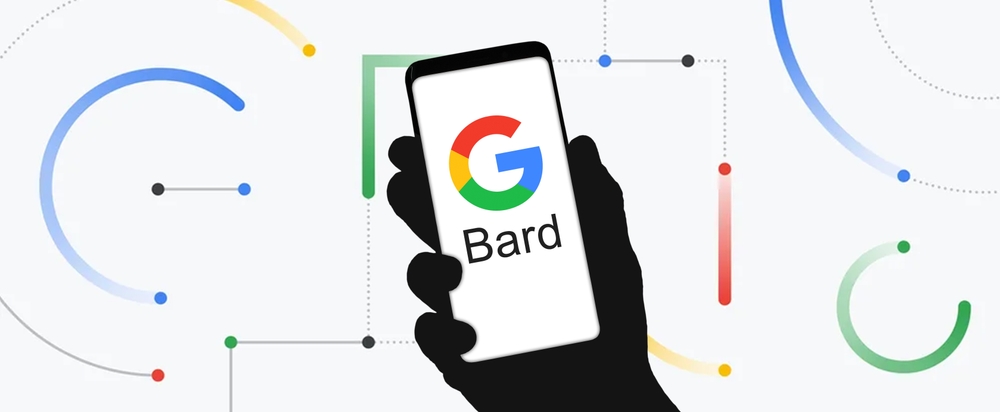
Google’s “Bard” is an experimental conversational AI service, powered by LaMDA, which is currently accessible in beta phase by selected trusted partners. Google has promised that it will be available to the public soon. Bard aims to provide nuanced responses to user’s search queries, similar to a search engine, but with higher quality responses. It has the potential to make a marketer’s job easier by offering different perspectives in one place.
One of the most compelling features of Bard is its ability to create a dialogue with the user by identifying patterns in sentences instead of cutting and pasting information from the internet. Google is also launching new AI-powered search features to provide answers to complex questions, such as questions that do not have a clear right or wrong answer.
While it’s still in beta and not yet available to the public, Bard shows great promise in offering more nuanced, conversational responses to search queries, making it a potentially powerful tool for content marketers.
Bard Pros:
- Uses AI to create more natural and conversational responses to user queries.
- Can provide multiple perspectives on a given topic, saving marketers time and effort in conducting research.
- Promises new AI-powered search features that could provide more comprehensive answers to complex questions.
Bard Cons:
- Not yet available to the public.
- It remains to be seen how accurate and helpful Bard’s responses will be once it’s widely available.
And what about Microsoft’s AI-powered Bing?
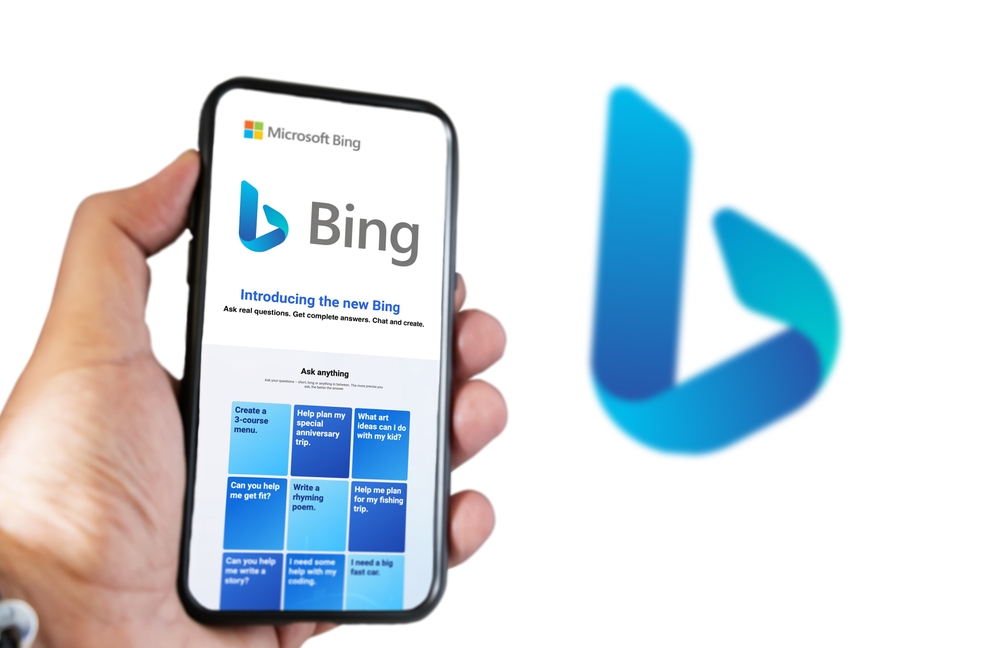
Similar to Google’s Bard, Microsoft recently released a new version of its search engine, Bing, which is powered by AI. Microsoft has made significant investments in AI research and development, and this latest iteration of Bing is a reflection of that.
Bing’s AI capabilities aim to provide more conversational, human-like interactions between the user and the search engine. According to Microsoft, Bing’s AI can understand the user’s intent and provide more personalized search results based on the user’s previous searches and activity.
Bing AI Pros:
- Uses AI to provide more personalized, human-like search interactions.
- Can understand the user’s intent and provide more relevant search results.
- Offers a feature called “intelligent answers,” which can provide more comprehensive and accurate responses to user queries.
Bing AI Cons:
- Not yet widely available to the public.
- Some users may find Bing’s focus on personalized results intrusive or creepy.
- It remains to be seen how accurate and helpful Bing’s AI-powered search results will be once it’s more widely available.
In conclusion, while each of these conversational AI services offers its own set of pros and cons, it’s clear that the rise of ChatGPT has spurred increased investment and development in this area from major tech players like Google and Microsoft. As AI continues to advance, it’s likely that we’ll see more tools like these emerge that can help marketers streamline their research and content creation processes.




